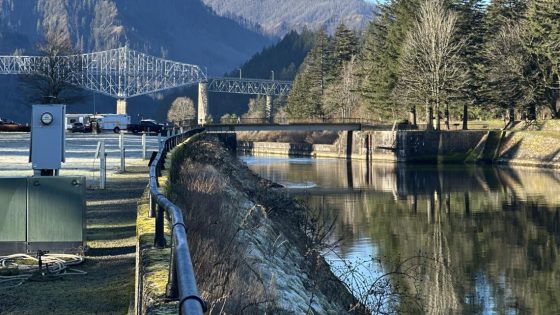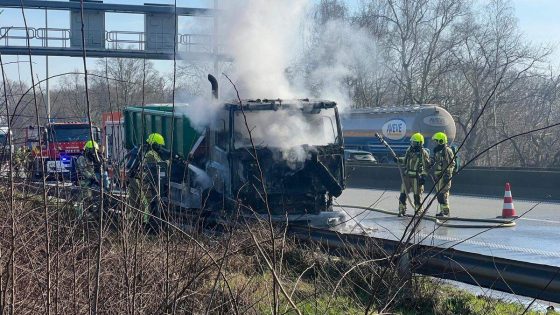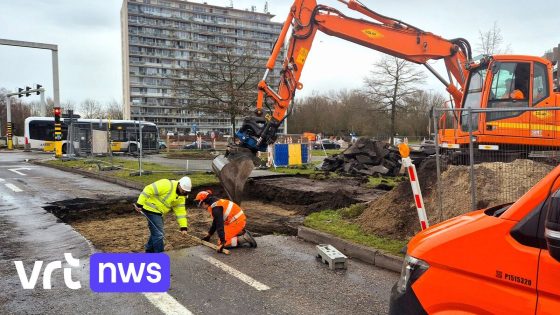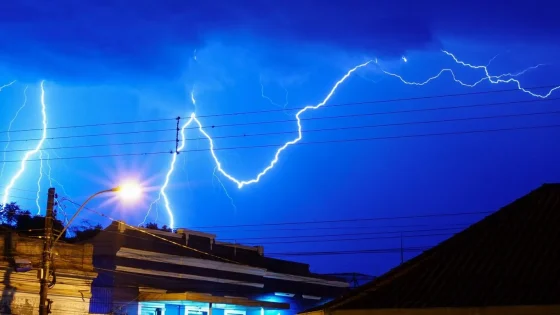The IP-3 project, connecting Viseu and Coimbra, has been a topic of discussion for over two decades. Despite numerous government announcements, progress remains slow. Why does this vital road continue to face delays? On March 24, 2025, the ongoing saga of the IP-3 highlights the challenges of infrastructure development in Portugal.
- IP-3 project remains unfulfilled despite announcements.
- Viseu and Coimbra connection is heavily trafficked.
- Political changes do not resolve the issue.
- Regional divisions in response to government plans.
- Ongoing political exchanges in the region.
Why is the IP-3 Road Project Important for Portugal’s Infrastructure?
The IP-3 is crucial for connecting Trás-os-Montes to Beira Litoral. But why does it matter? This road serves as a lifeline for many communities, facilitating trade and travel. Yet, despite political promises, construction has lagged. How can Portugal improve its infrastructure?
Political Promises vs. Reality: The IP-3 Dilemma
Over the years, seven prime ministers have made promises regarding the IP-3, but few kilometers have been built. This raises concerns about political accountability and effective governance. What can be done to ensure that promises lead to action?
Key Issues Surrounding the IP-3 Project
Several factors contribute to the ongoing challenges of the IP-3 project:
- Frequent changes in government leadership and priorities.
- Political disagreements among local leaders.
- Budget constraints affecting infrastructure funding.
- Public skepticism regarding the feasibility of the project.
Potential Solutions for Infrastructure Development
To address the IP-3 delays, Portugal could consider the following strategies:
- Establishing a dedicated task force for infrastructure projects.
- Enhancing public-private partnerships to secure funding.
- Streamlining the approval process for construction permits.
- Engaging local communities in the planning process.
In conclusion, the IP-3 project represents a critical infrastructure need for Portugal. Addressing the challenges could pave the way for improved connectivity and economic growth, benefiting both local communities and the nation as a whole.
































